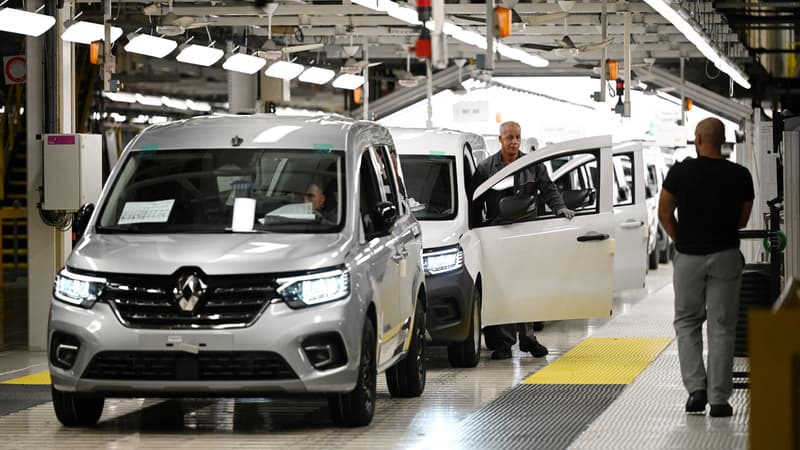The vote of the EU member states scheduled for Tuesday to ratify the ban on the sale of thermal engine cars in 2035 has been postponed indefinitely, preventing the announced abstention of Germany from reaching the necessary majority.
This text, which provides for the reduction to zero of CO2 emissions from new passenger cars and vans in Europe from 2035, was the subject of an agreement in October between the Member States and the European Parliament negotiators, formally approved in mid-February by the MEPs. It was pending ratification on Tuesday by the Twenty-seven, during a meeting of ministers in Brussels, the last formal step before its entry into force, with no possibility now of renegotiating the content.
The ambassadors of the Twenty-seven in Brussels have “decided to postpone the decision (…) for a later meeting”, announced a spokesman for the representation of Sweden, the country that holds the rotating presidency of the Council of the EU. The ambassadors “will come back to this issue in due course,” he added.
Expectations on synthetic fuels
Italy had announced its opposition to the text a long time ago. Poland also wanted to vote against and Bulgaria wanted to abstain. These countries, among themselves, do not have the means to block the procedure. But Berlin has indicated in recent days its intention not to give the green light immediately either. Without Germany, the required qualified majority of the 27 (vote in favor of at least 55% of the states representing at least 65% of the EU population) was no longer achieved.
“We have always made it clear that the European Commission must present a proposal on how synthetic fuels could be used in combustion engines from 2035 (…) What is missing now is compliance with this commitment,” the minister recalled this Friday. German Transport. , Volker Wissing (FDP, Liberals).
At the request of Rome and Berlin, the Twenty-seven included in the text a possible green light in the future for alternative technologies such as synthetic fuels (e-fuels) if they allow the goal of completely eliminating greenhouse gases to be achieved. vehicle emissions.
Synthetic fuel technology, currently under development, consists of producing fuel from CO2 produced, in particular, by industrial activities that use electricity with low carbon emissions. For the automotive sector, it would extend the use of thermal engines threatened by the irruption of 100% electric vehicles. The use of this technology in the car is disputed because it consumes a lot of energy. Berlin wants the Commission to propose additional legislation to encourage these synthetic fuels in road transport while another text on “alternative fuel infrastructure” is negotiated.
Source: BFM TV


